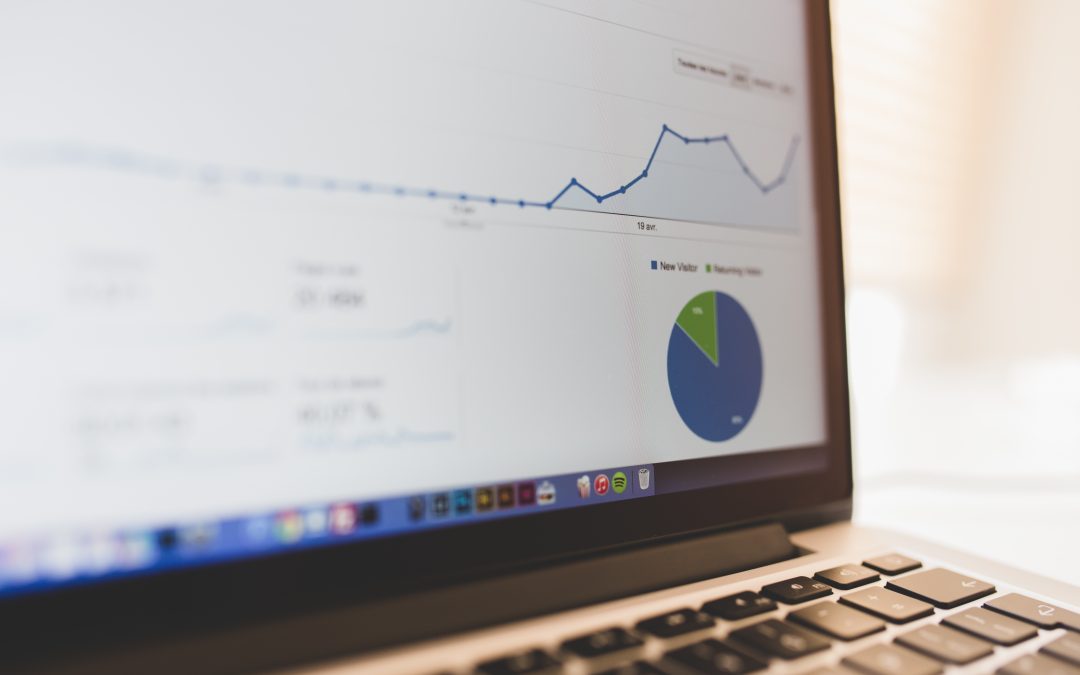Have you ever done a search on Google or Amazon.com and then noticed ads that reflect what you’ve searched pop up in your social media stream – Facebook, Twitter? Or, even when you return to Google and Amazon at a later date?
Think about it: you’re just going about your day doing whatever it is you do to live your life (and run your business, perhaps). In the process, every financial purchase and transaction you make (online and offline), as well as every online search you conduct, is tracked and pieced together to create a profile about your lifestyle and habits.
You don’t even have to leave your house to create a trail of “breadcrumbs” about your behavior, challenges, and desires. Your data does that for you – and it does the job quite well.
So much so, that…
Banks, other financial institutions, and retailers tend to understand you better than you understand yourself.
You can thank “Big Data.”
The collection and analysis of “Big Data” tends to drive product and service innovation; is used to forecast economic opportunities; reduce expenses; and increase revenue. It is a tool that is powering the new economy and many of today’s business models.
I was recently reminded of this phenomenon of “numbers, metrics, and measurements,” when listening to the re-broadcast of an NPR Planet Money podcast episode from 2014 – “The Future of Work Looks Like A UPS Truck.” The story highlighted how UPS has undergone a metamorphosis from a trucking to a technology company.
Turns out, the brown truck you see in your neighborhood, likely everyday, is in essence a “rolling computer” that tracks every step a driver takes and every mile driven. All with the goal of improving operational efficiency and performance so more packages can be delivered.
It may be anonymized, but for companies large and small, “Big Data” has become a business’ most valuable asset.
Similarly, the personal data that reflects your lifestyle and habits should be considered one of your most valuable assets, too.
By adopting this mindset, your data becomes a valuable tool that helps you make smarter decisions. Decisions about where you can potentially save time and save money. Decisions of where you can increase the likelihood of getting in front of small problems before they become big pains in the butt.
You don’t need to be a statistician to use your own personal data in a comparable way as companies, but you do need to have a system for tracking.
Do you have one?
As you may know, I’m a HUGE advocate for the practice of tracking. It’s one of the best defenses against the companies with which you do business (and don’t) knowing more about you than you know about yourself!
The same information banks, financial institutions, and other companies use to analyze your buying habits and patterns should be utilized by you.
The same information banks, financial institutions, and other companies use to design offerings (products and services) and to tailor marketing messages to you should be used by you to shift from taking generic action-steps to taking specific action-steps.
The same information banks, financial institutions, and other companies use to get to know you is what you should use to get to know yourself better.
In fact, here’s a challenge for you:
- Track your financial behavior for the next 30-days
- Afterward, create a report being sure to remove any personalized information
- Share your report with a close a friend and ask them what they notice about the spending habits and patterns the numbers reveal
- Compare their comments with your own assessment and understanding of your behavior, challenges and desires
- If the story the numbers reveal is as you want it to be, cool beans…celebrate! But if it isn’t, well now you have immediate feedback on what to do next.
Much like the UPS story from the NPR podcast, it’s not just about the data. The real power is found in the real-time insights you glean from that data. And, more specifically, what it helps you to notice, improve and do better.





